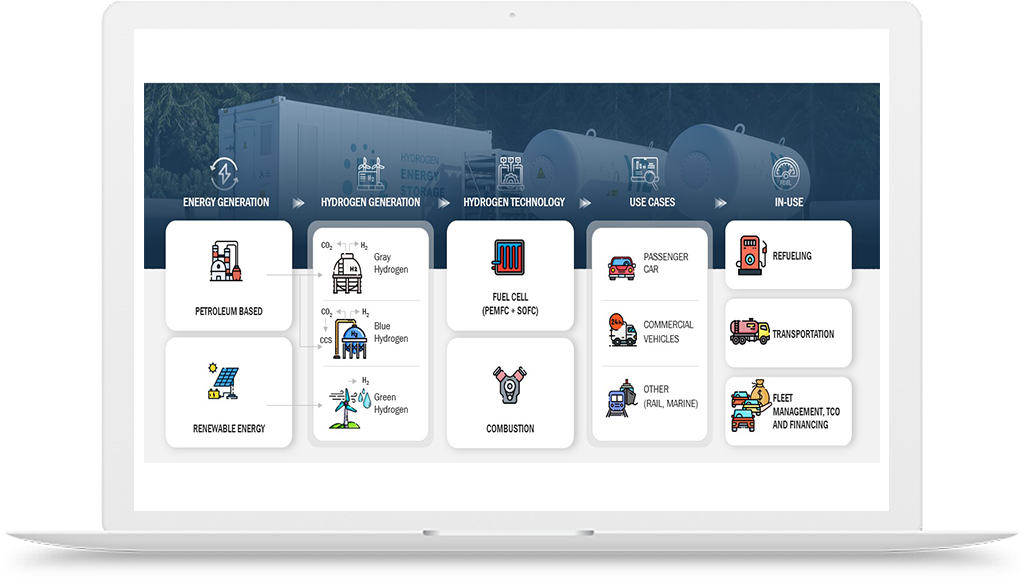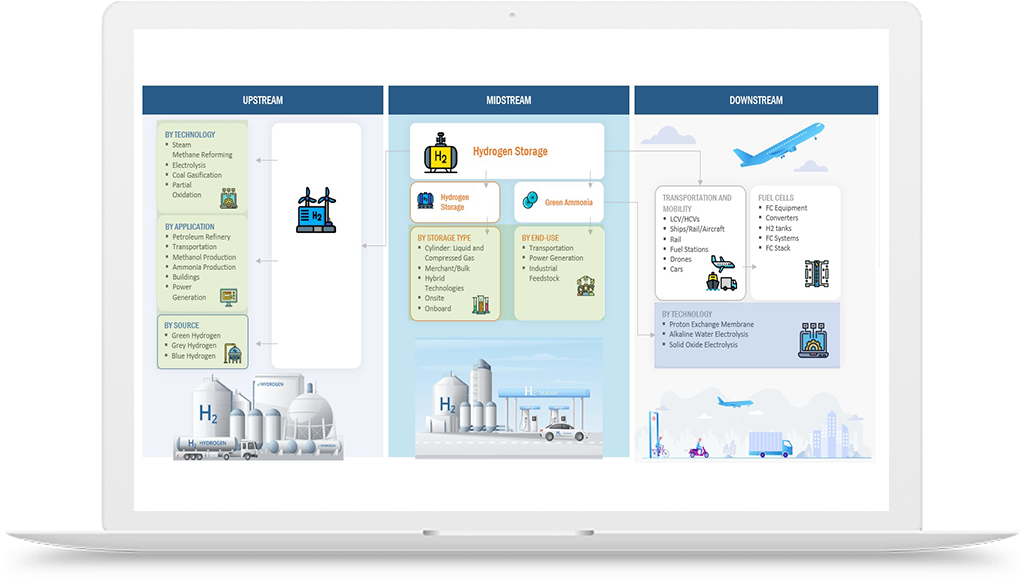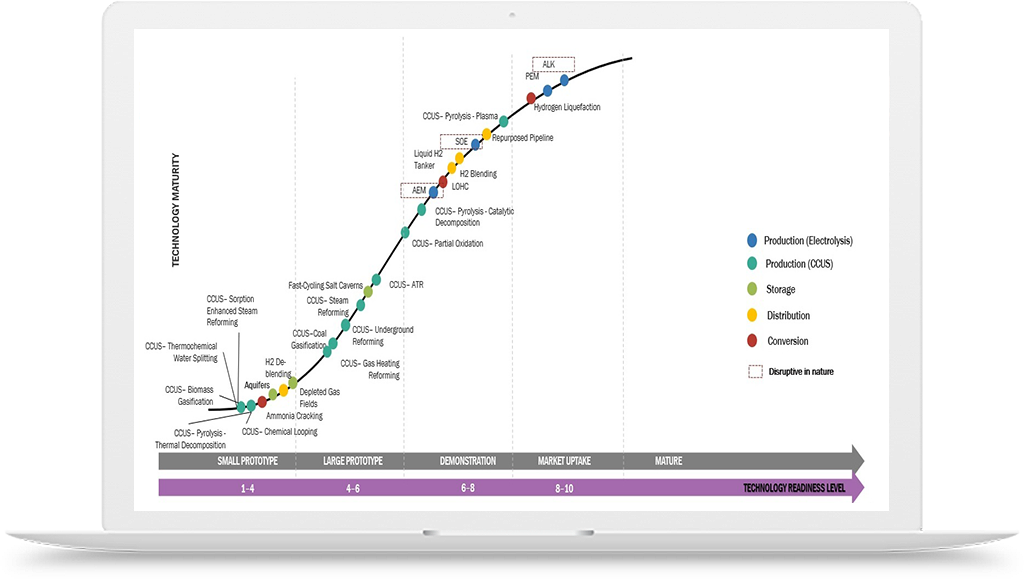Hydrogen Application in Refining Industry
Hydrogen has long been used in the refining industry, primarily to remove impurities and increase the yield of high-quality refined products. The process of removing impurities from crude oil involves breaking down large hydrocarbons into smaller ones, a process that requires hydrogen. This is achieved through a process called hydrogenation, which is used to convert heavy crude oil fractions into lighter, more valuable products such as gasoline, diesel, and jet fuel. The use of hydrogen in the refining process offers several benefits, including increased efficiency, improved product quality, and reduced emissions.
One of the primary applications of hydrogen in the refining industry is hydrocracking. This process involves the use of hydrogen under high pressure and temperature to break down heavy crude oil into lighter hydrocarbons. Hydrocracking is particularly useful in converting low-value feedstocks, such as heavy crude oils and residues, into high-value products. By using hydrogen in the hydrocracking process, refiners can reduce the amount of energy required, lower production costs, and increase the yield of high-value products.
Another important application of hydrogen in the refining industry is catalytic reforming. This process involves the use of a catalyst and hydrogen to convert low-octane naphtha into high-octane gasoline. The process increases the yield of high-octane gasoline, reduces the sulfur content of the fuel, and improves the overall quality of the gasoline. The use of hydrogen in catalytic reforming offers several benefits, including increased efficiency, reduced emissions, and improved product quality.
In addition to hydrocracking and catalytic reforming, hydrogen is also used in other refining processes such as hydrotreating, desulfurization, and hydrodesulfurization. Hydrotreating involves the use of hydrogen and a catalyst to remove impurities from crude oil, while desulfurization and hydrodesulfurization are used to remove sulfur from fuels such as diesel and gasoline. The use of hydrogen in these processes helps to reduce the amount of sulfur in fuels, which improves their environmental performance and reduces emissions.
Hydrogen is also being explored as a potential alternative to traditional refining processes. In particular, hydrogen fuel cells are being studied as a way to power refining processes and reduce emissions. Fuel cells generate electricity through the reaction of hydrogen and oxygen, producing only water and heat as byproducts. By using hydrogen fuel cells to power refining processes, refiners can reduce their emissions and improve their environmental performance.
Frequently Asked Questions (FAQ):
What is the application of hydrogen in refinery?
Hydrogen is used in refineries for various applications, including hydrotreating processes to remove impurities from crude oil and petroleum products, as a feedstock for catalytic reforming to produce high-octane gasoline, and in hydrocracking processes to convert heavy hydrocarbons into lighter, more valuable products like gasoline and diesel fuel.
What is the industrial application of hydrogen?
Hydrogen has various industrial applications, including being used as a feedstock for ammonia production, as a reducing agent in metal refining processes, in the production of methanol and other chemicals, and as a fuel for power generation and transportation, particularly in fuel cells.
How much hydrogen is used in a refinery?
The amount of hydrogen used in a refinery varies depending on the size and complexity of the facility, but it can range from a few thousand cubic meters per day (Nm³/day) to several hundred thousand cubic meters per day (Nm³/day) for large refineries. The hydrogen is consumed in various refining processes such as hydrotreating, hydrocracking, and catalytic reforming.
Where is hydrogen generated in refinery?
Hydrogen is typically generated in a refinery through various processes, primarily steam methane reforming (SMR), which converts natural gas or other hydrocarbon feedstocks into hydrogen. Other methods include partial oxidation of hydrocarbons and electrolysis of water. The hydrogen generation units are usually located within the refinery complex.
















